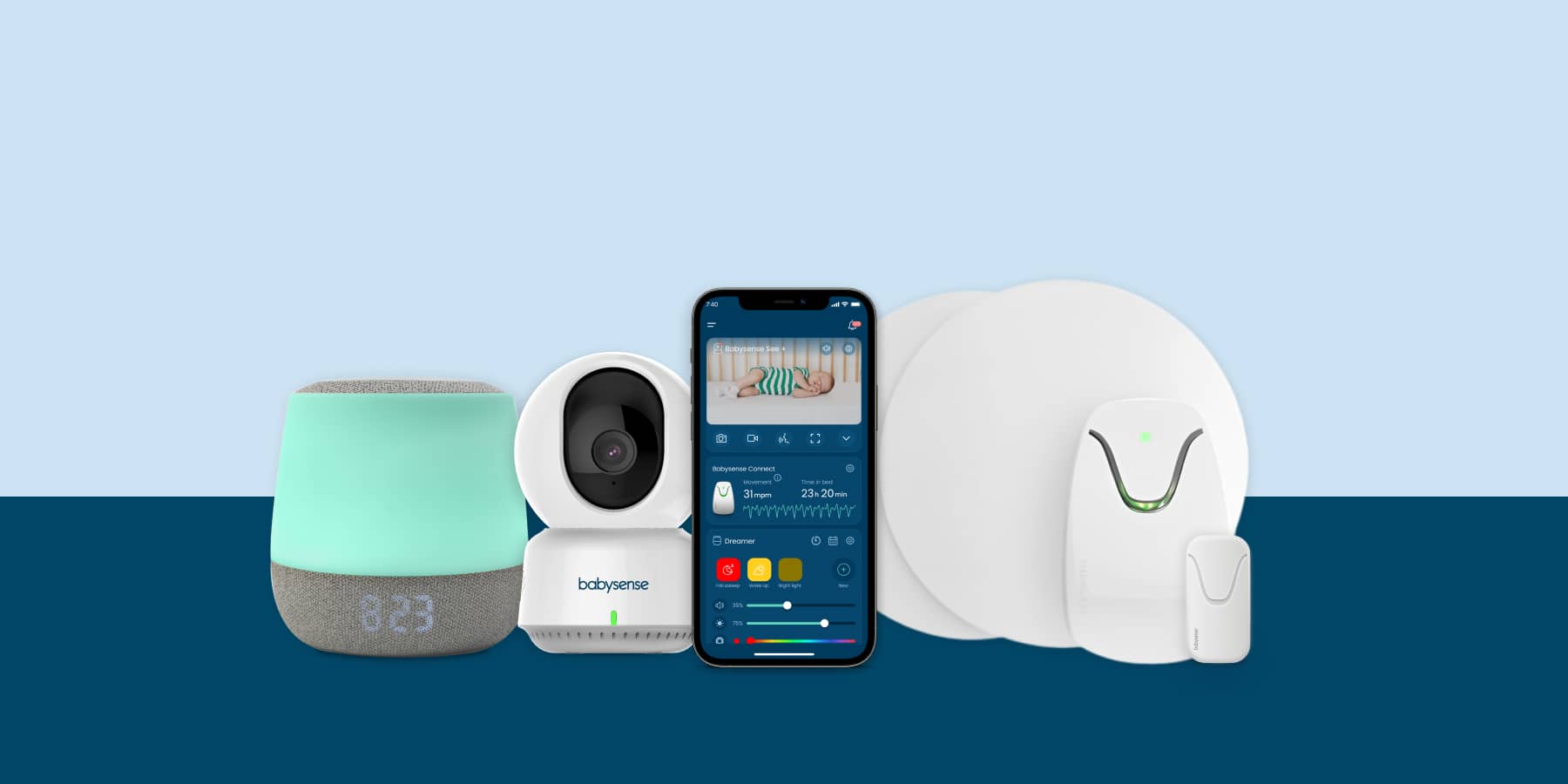An infant’s skin has many functions – it protects the body against ultraviolet radiation, provides a barrier against bacteria and toxins entering the body, and also prevents fluid and electrolyte loss from the body. The skin enables the baby to experience the sense of touch. The pre-term infant has a more sensitive skin to that of a full term baby, as many of the skins’ layers are under-developed. Even in a full term baby, much of the elastin fibres of the skin are formed after birth, and it may take 3 years before they are fully formed.
The most common rashes in infancy are usually found on the face and nappy area.
Contact Dermatitis
Most rashes are caused by direct damage to the skin from substances such as soaps or lotions. A red rash in the nappy area is usually due to the presence of ammonia released by the breakdown of urine. Keep the nappy area clean and dry.Environmental Factors
Dry winters can cause skin dryness; and extreme heat and humidity in summer can cause excessive sweating, especially in the nappy area, in ankle and knee folds, and at the back of the neck. Newborns have less pigment (melanin production), and will burn if exposed to direct sunlight, so keep babies out of the sun.Infantile Acne
This is a common condition, and is usually found on the face, behind the ears and in the neck area. These pustules resemble acne, and may be exacerbated by heat. The intensity may vary from day to day. This acne is usually as a result of maternal hormones, and usually fades by 3 months of age. This rash causes no discomfort to the baby, and should not affect sleeping patterns in any wayInfections
Many skin disorders in newborns are caused by fungal or bacterial infections. Candida or thrush, is caused by a fungal infection which causes a red nappy rash, over the genital area, and extending into the folds of the groin. Many little satellite spots are found in the area. Treatment is with an antifungal cream applied to the rash, and oral probiotics. Impetigo is a bacterial infection which results in skin erosions, usually on the face, and nappy area, always covered with honey coloured crusts. Antibiotic treatment is required. Seek medical advice if you suspect your baby may have a skin infection.Itching related to dermatitis or eczema
If your child has sensitive skin and is prone to rashes and itches, this may contribute greatly to restless nights. Dermatitis and eczema simply means that your child’s skin is irritated because it is dry and itchy. It may also be red and scaly, sometimes with little blisters or thickened skin. It’s not hard to guess that this will cause her to be very unhappy, especially at night. Most dermatitis is caused by sensitivity to detergent or skin products, occurring in an individual who has an underlying predisposition, for example in Atopic Eczema which may occur if there is a family history of allergies such as asthma or allergic rhinitis.Hints to help ease your baby’s discomfort
- Rinse your baby’s clothes well to remove detergents and fabric softeners.
- Avoid the use of soap, rather wash your baby with aqueous cream
- Avoid bubble baths, and perfumed baby products
- Add soluble bath oil (not baby oil) to your baby’s bath water – it ‘moisturises’ the water
- Avoid wool or synthetic fabrics next to the skin – try to dress your baby in clothing that is made with 100 % cotton. The same applies to her bedding
- Avoid over-heating your baby – it will make the itching worse
- After a bath, dry your baby well
- Keep the skin well hydrated with appropriate body moisturisers (ask your pharmacist for advice) – not aqueous cream, this will dry the skin further. Look out for creams that say “ointment” on the label.
- Be prepared for this to be a long term condition that needs on going management
- In severe cases your doctor may prescribe an anti-histamine to reduce itching








